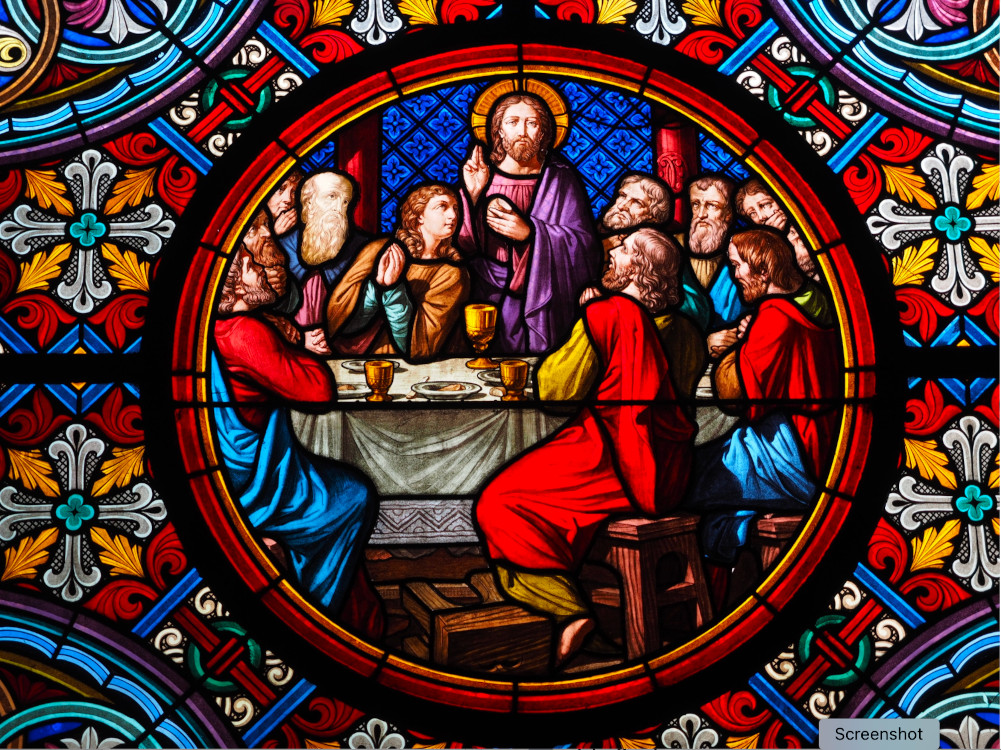My Bible reading plan has been taking me through the Ten Commandments and beyond in Exodus. And along with the precise instructions of how to construct the Tabernacle is instructions for sacrifice. The Altar would have achieved vast amounts of blood splashed against from the daily, weekly and special days sacrifices of lambs and bulls. A bloody activity which began with the Exodus itself.
And Today we hear the cry, Christ our Passover Lamb has been sacrificed for us. More blood. Precious innocent blood. Saving blood.
A bloody miracle.
Two passages have stood out for me in the lead up to Easter. Perhaps the oddest discussion Jesus has just before he is to die occurs in Luke 22: 25–27 Jesus said to them, “The kings of the Gentiles lord it over them; and those who exercise authority over them call themselves Benefactors. But you are not to be like that. Instead, the greatest among you should be like the youngest and the one who rules like the one who serves. For who is greater, the one who is at the table or the one who serves? Is it not the one who is at the table? But I am among you as one who serves.”
The idea of Christianity as “voluntary downward mobility” came to me when I first encountered the teachings of the L:’Arche community. Since then I have found it difficult to reconcile following Jesus with the striving for upward mobility that comes as naturally in our society as a fish swims through water.
This passage makes it clear that the disciples did not understand Jesus, just as they did not understand that one was about to betray him and another to deny him.
(And Yes, the founder of L’Arche, Jean Vanier was found to be a betrayer, too)
It may be that this passage about striving to be the leader among the disciples, is there because the way to taking up our cross is to accept the voluntary downward social mobility of Jesus’ style of leadership style. Our way to the cross is to learn to stand as one who serves.
And later, Jesus sweating like drops of blood, “Father, if you are willing, take this cup from me; yet not my will, but yours be done.”
Henri Nouwen, the spiritual writer who found peace, not in the liberation Gospel of Latin America, or in teaching in the Ivy League — both of which he spent time on — found joy in serving people living with disability in a l’Arche house — following the path of downward social mobility.
“Jesus didn’t throw the cup away in despair”, he writes in Can You Drink the Cup. No, he kept it in his hands, willing to drink it to the dregs. This was not a show of willpower, staunch determination, or great heroism. This was a deep spiritual yes to Abba, the lover of his wounded heart.
“When I contemplate my own sorrow-filled heart, when I think of my little community of people with mental handicaps and their assistants, when I see the poor of Toronto, and the immense anguish of men, women and children far and wide on our planet, then I wonder where the great yes has to come from.”
In taking on our cup, there is sorrow and joy, blessing and holding all three together. But to discover our cup, where we are to serve, might be, like that strange passage in Luke 22, our Easter story.
Image Credit Pick Pic

